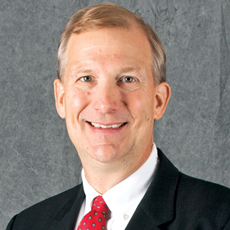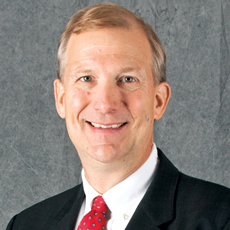

The nursing home surveying scene in California has attracted a lot of national attention lately, as well it should.
Just not for the reason most people believe.
Oh, the thought of some 60% of state surveyors not being tested for the coronavirus before they head into facilities is indeed outrageous.
But there’s something else that should intrigue providers everywhere. The state is promoting a kinder and gentler surveying corps. Under a proposed new job description, nearly a third of surveyor’s time would be spent advising and assisting providers so they get into full compliance.
The state wants providers to accomplish sustained improvement, preferably through QAPI programs. Instead of yearly back-breaking surveys, regulators could make monthly visits and provide more immediate feedback.
It’s as if Christmas came in July for providers, which is when new plans were unveiled. Such a consultative, cooperative environment is what operators have clamored for, for years.
Critics, including the surveyors union, are up in arms against the changes. “Part of regulation isn’t advisement,” harrumphed one in a local news account. Conflict of interest! Cry out others. Violation of OBRA ’87, accuse yet others.
Some naysayers claim that fat-cat facility owners like the new approach simply so they can shirk paying for training and keep staffing low. They also think that providers will become bolder and wind up ignoring surveyors while walking more in lock-step with their owners.
Indignant surveyors did get one notable victory in this teach vs. trash tug-of-war. The state originally wanted surveyors to “adopt” a facility. This was a step too far, and the state properly backed down.
There’s also an attempt to not have surveyors cite “good faith efforts” by providers, even if something goes wrong. That admittedly sounds too pie-in-the-sky, even for some of the most sympathetic advocates. It might be a bit too ambitious, but leave it to California to push the envelope to find out what’s possible.
In an ideal world, surveyors would indeed work more collaboratively with providers. They would still look for problems — and cite them — but they also would be on the lookout for solutions.
Just like police, they could take care of the really bad guys and get them out of the picture. There should be no free-run cards issued. But surveyors also could help operators who are wet behind the ears or just plain in need of enlightenment — the kind that doesn’t automatically come accompanied by a nasty write-up and fine and little else..
It kind of comes down to this: Are we trying to teach providers “to fish” or just see them get gutted every now and then? If one wants continual improvement, it seems the answer is clear.
Follow Executive Editor James M. Berklan @JimBerklan.




